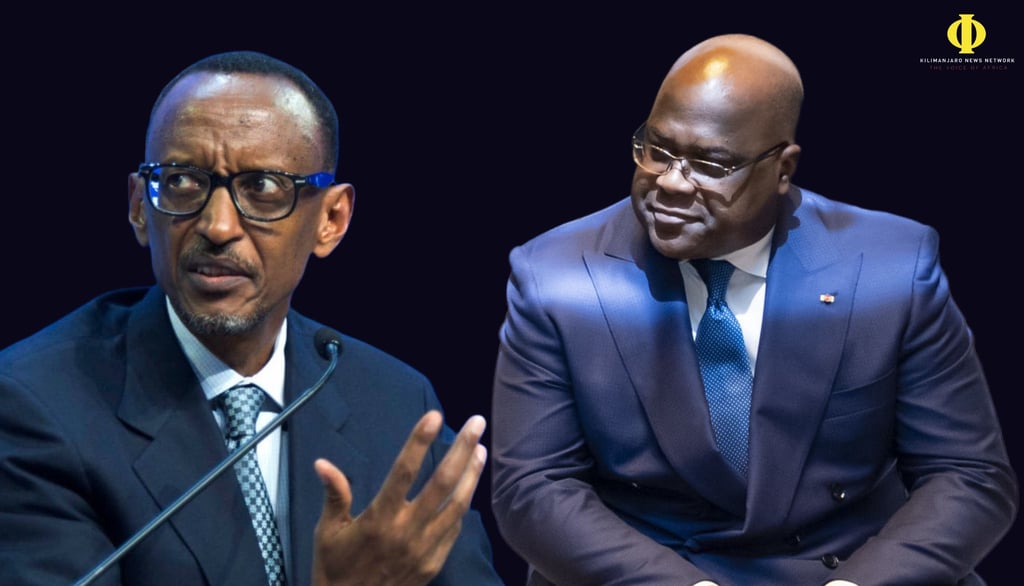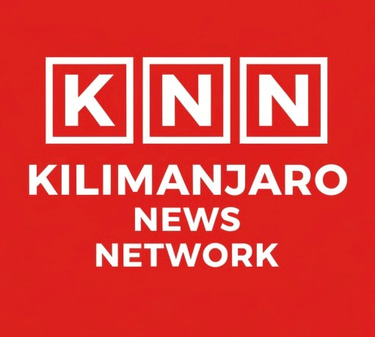Rwandan's President Kagame and President Tshisekedi Agree to Meet Over the Congo Crisis
In a significant stride towards resolving the crisis in eastern Congo, President Paul Kagame of Rwanda has affirmed his readiness to engage in talks with President Felix Tshisekedi of the Democratic Republic of the Congo (DRC). This landmark development follows mediation efforts led by the Angolan government, with President João Lourenço serving as the African Union's mediator in the DR Congo crisis.
WORLD AFFAIRS
3/12/20241 min read


In a significant stride towards resolving the crisis in eastern Congo, President Paul Kagame of Rwanda has affirmed his readiness to engage in talks with President Felix Tshisekedi of the Democratic Republic of the Congo (DRC). This landmark development follows mediation efforts led by the Angolan government, with President João Lourenço serving as the African Union's mediator in the DR Congo crisis.
The breakthrough agreement was achieved after a pivotal meeting held in Luanda, Angola's capital, between President Kagame and President Lourenço. Angola's Foreign Minister, Tete Antonio, informed the press that President Kagame had agreed to meet President Tshisekedi at a time to be determined by the mediator.
Minister Antonio disclosed that both Rwanda and the DR Congo had consented to the meeting, with ministerial delegations from both nations actively working towards facilitating the dialogue.
A statement released by Rwanda's presidency indicated that both leaders had "agreed on key steps towards addressing the root causes of the conflict," marking a significant milestone in the quest for peace and stability in the region.
The escalating tensions in eastern DR Congo, characterised by clashes between M23 rebels and Congolese forces resulting in the displacement of over 100,000 people, according to reports from the United Nations, underscore the urgency of this dialogue.
Prior to this agreement, President Tshisekedi had demanded the withdrawal of Rwandan troops from Congolese territory as a precondition for the meeting, a condition Rwanda denies vehemently.
President Kagame's willingness to engage in dialogue underscores the critical importance of African leaders taking ownership of their challenges and working collaboratively towards African solutions.
Accusations of Rwandan support for M23 rebels have further complicated the situation, with Kigali denying any involvement in the conflict. The upcoming meeting presents an opportunity for both countries to address these allegations and explore avenues for constructive collaboration in resolving the crisis.
This positive step towards dialogue not only holds promise for the people of Rwanda and the DRC but also serves as a beacon of hope for Africans working towards African solutions to African problems.

